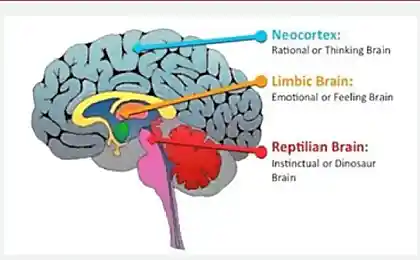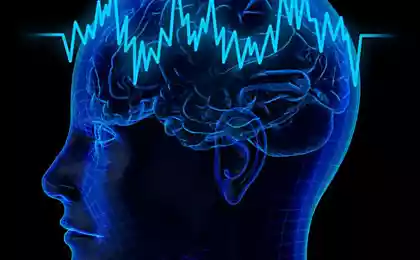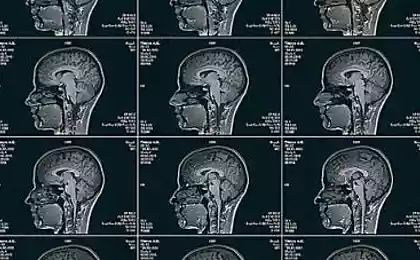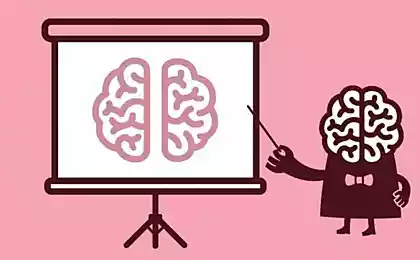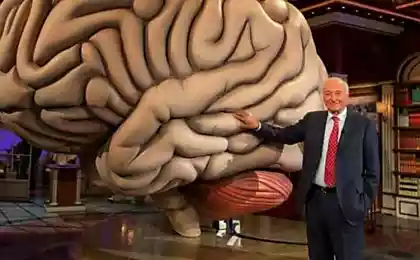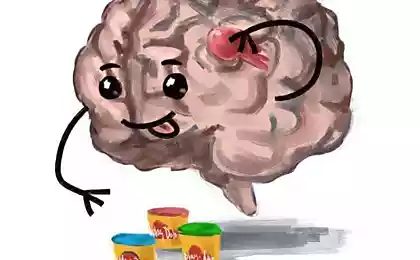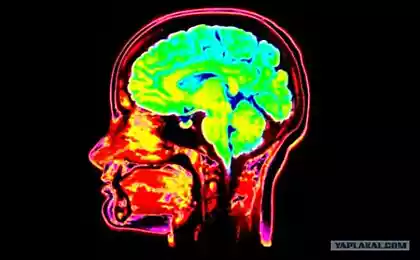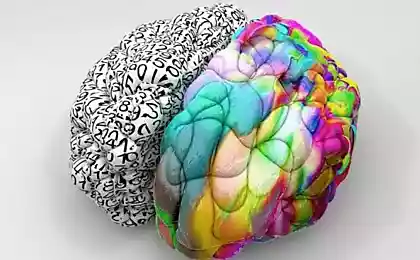194
Scientists have found a brain region responsible for pessimism
Researchers at the University of California have found that chemicals in a part of the brain called the lateral frenulum will determine a person’s level of pessimism.
Study author Roberto Malinow said: The idea that some people see a glass half empty has a chemical basis in the brain. Scientists studied the activity of the lateral frenulum, located deep inside the brain, in monkeys. Experiments have shown the activity of this region in depriving animals of fruit juice when they expected to receive it.
Experiments on rodents have demonstrated the balance of two chemicals in this area of the brain. If one of them is glutamate, increases activity, the other is GABA, it reduces. Depressed rats produced lower levels of GABA than other animals. However, when taking antidepressants, the levels of the substance increased.
Scientists believe pessimists have lower amounts of GABA and suggest that certain levels of GABA may be critical to fighting frustration and depression. Malinov says, “We have found a process that can reduce the brain’s sensitivity to negative life events.”
Source: nauka24news.ru/
Study author Roberto Malinow said: The idea that some people see a glass half empty has a chemical basis in the brain. Scientists studied the activity of the lateral frenulum, located deep inside the brain, in monkeys. Experiments have shown the activity of this region in depriving animals of fruit juice when they expected to receive it.
Experiments on rodents have demonstrated the balance of two chemicals in this area of the brain. If one of them is glutamate, increases activity, the other is GABA, it reduces. Depressed rats produced lower levels of GABA than other animals. However, when taking antidepressants, the levels of the substance increased.
Scientists believe pessimists have lower amounts of GABA and suggest that certain levels of GABA may be critical to fighting frustration and depression. Malinov says, “We have found a process that can reduce the brain’s sensitivity to negative life events.”
Source: nauka24news.ru/



